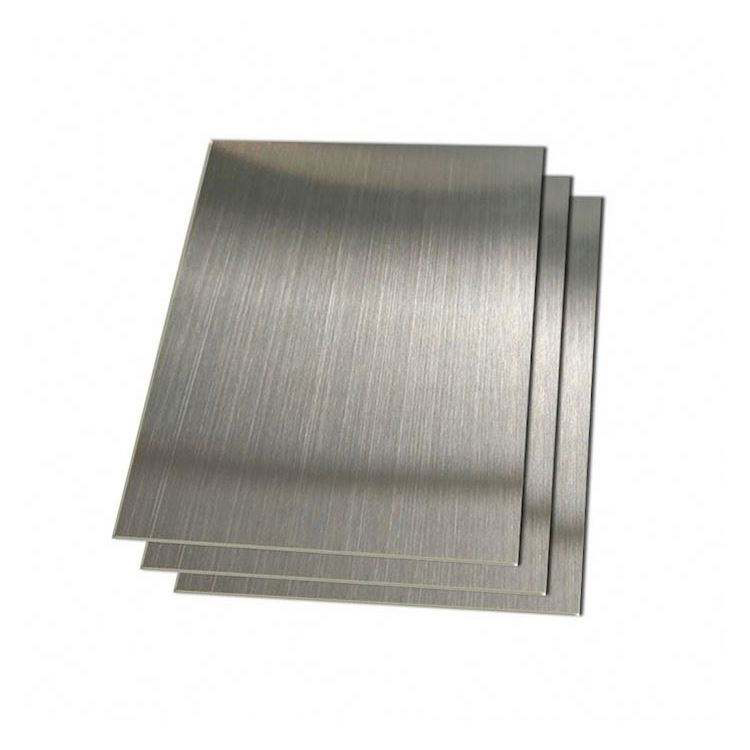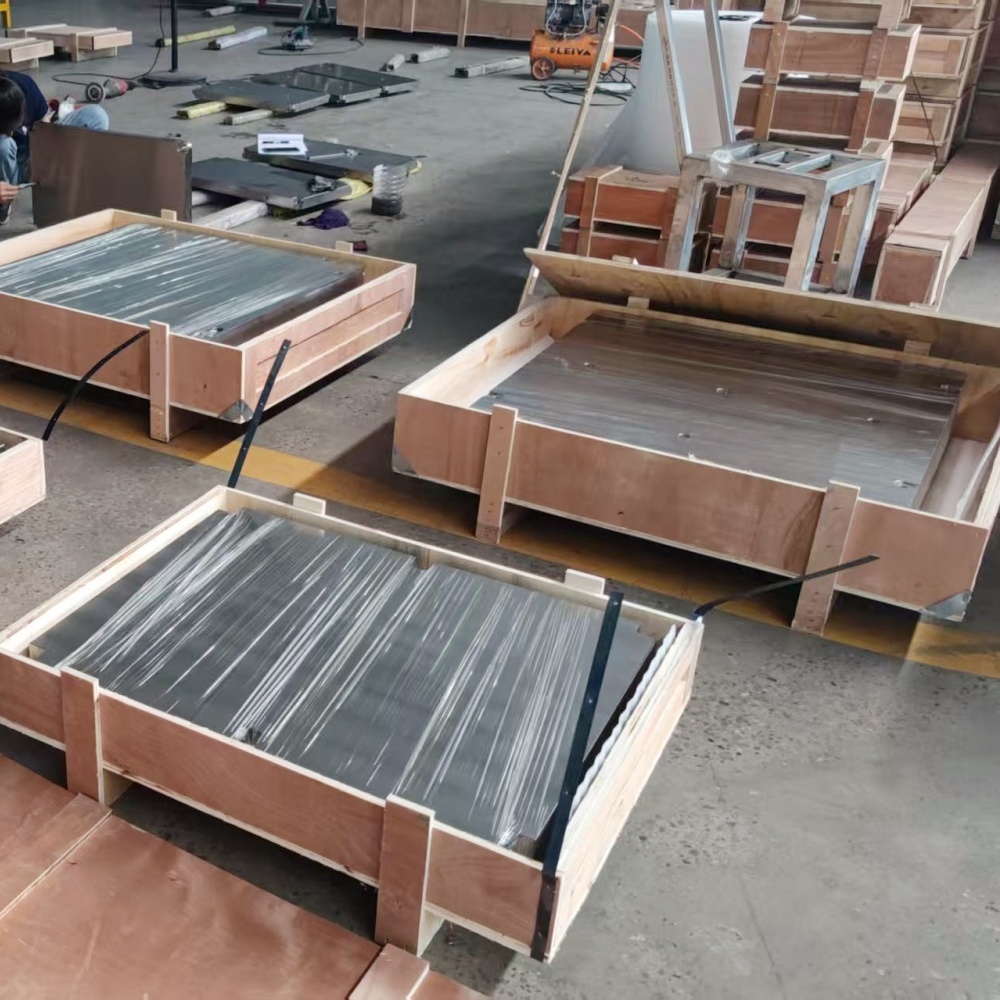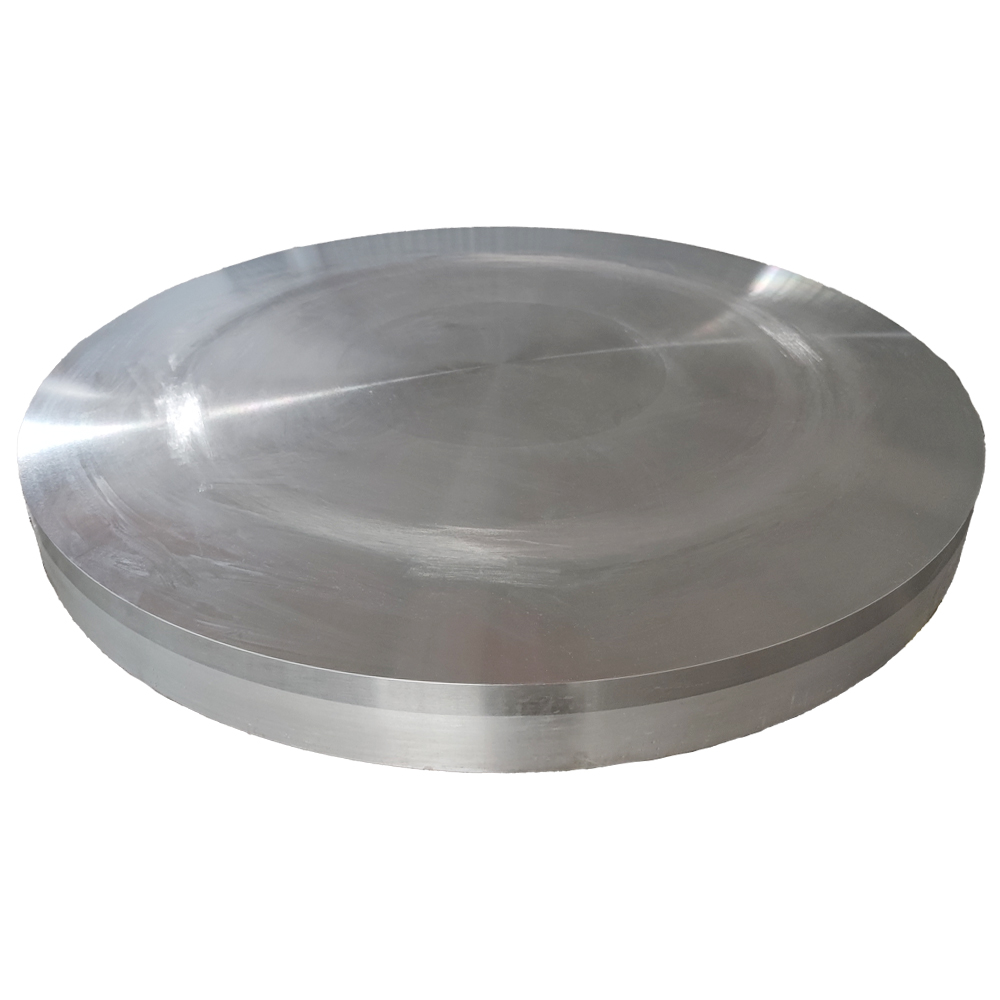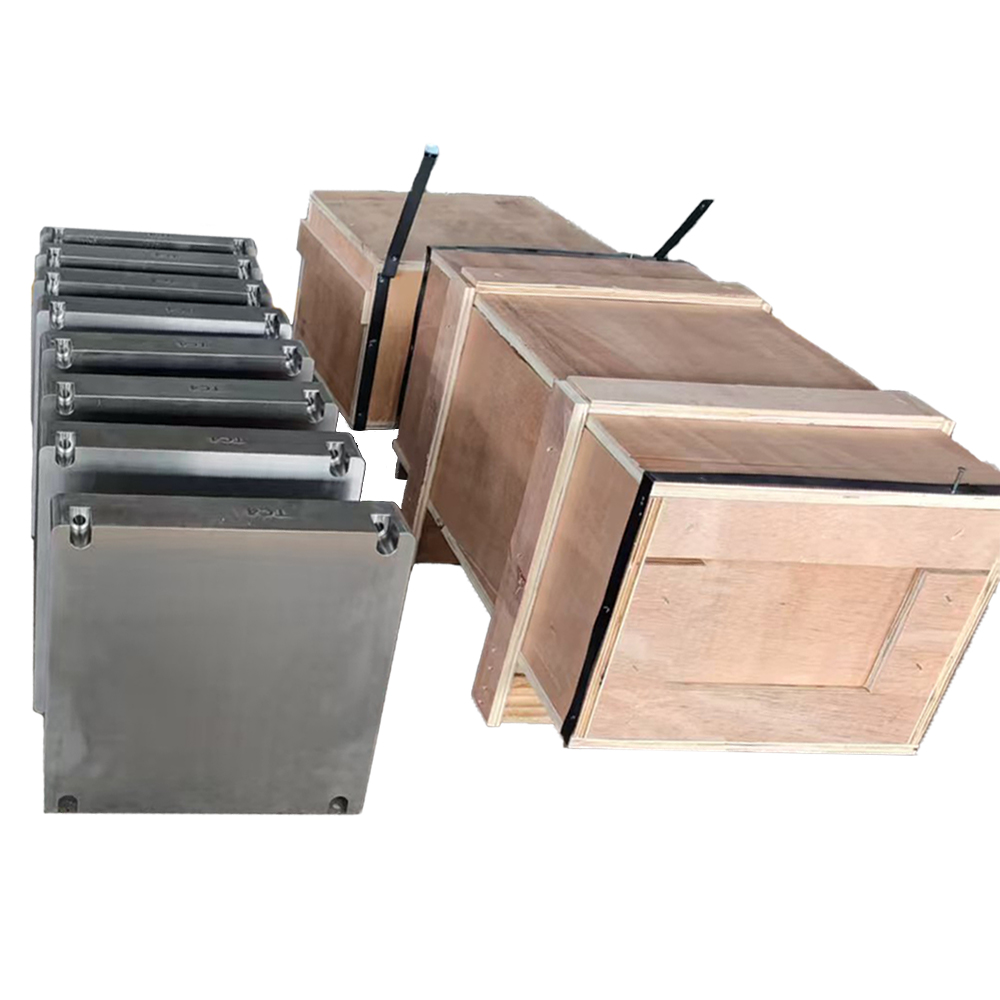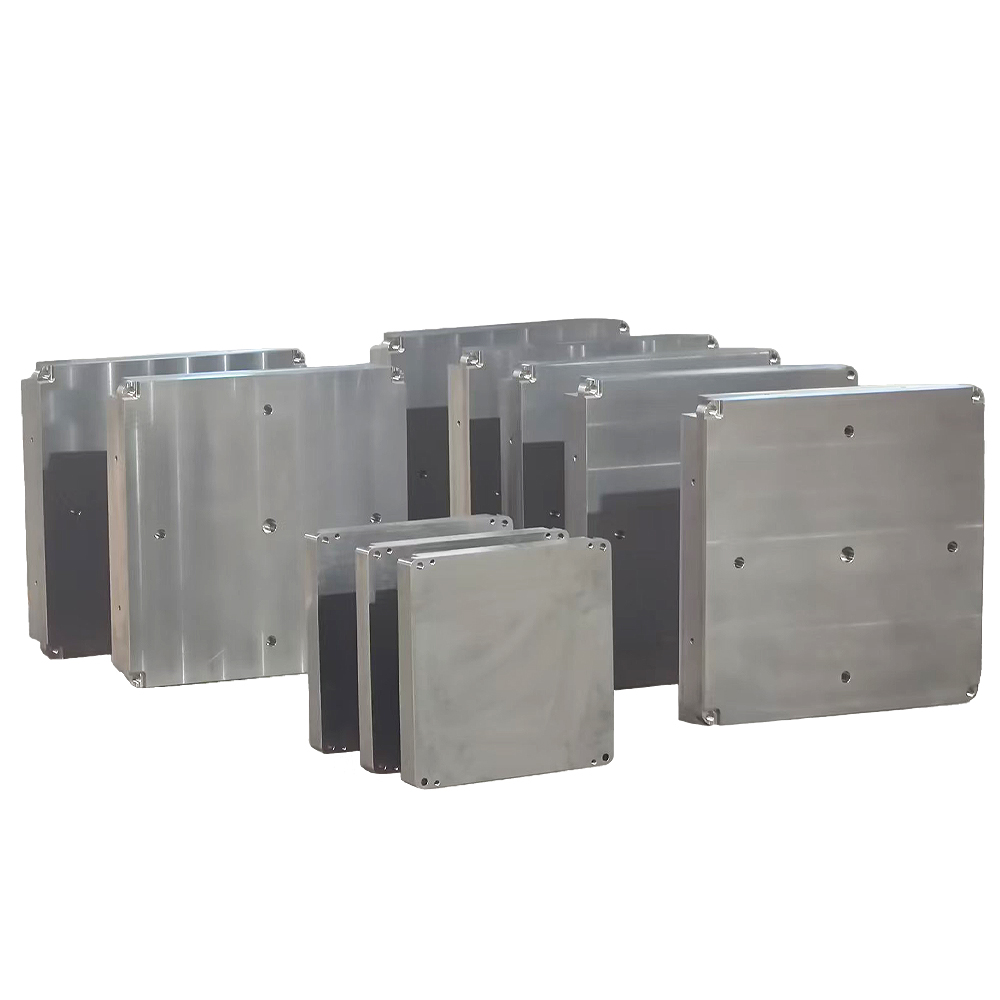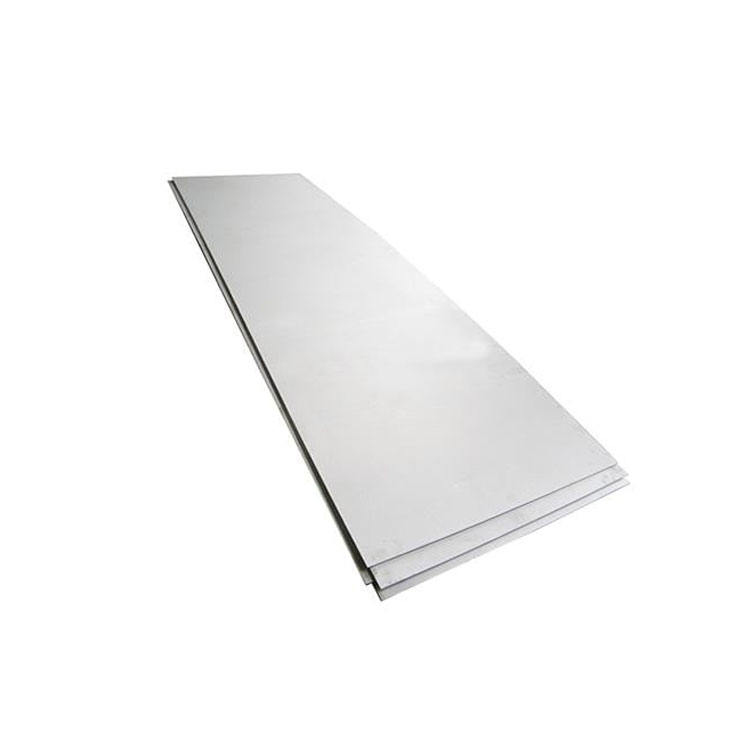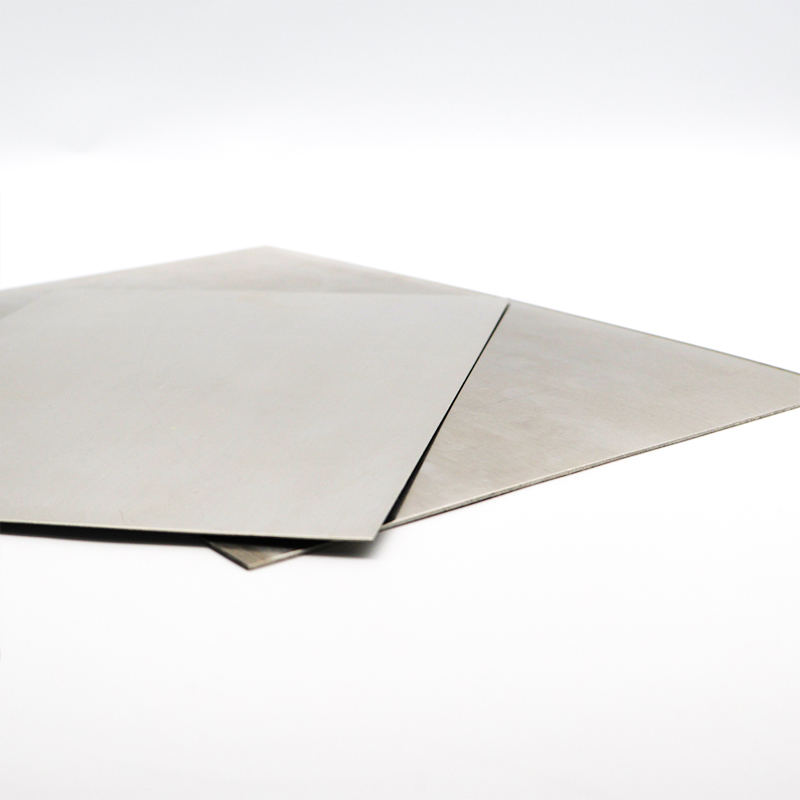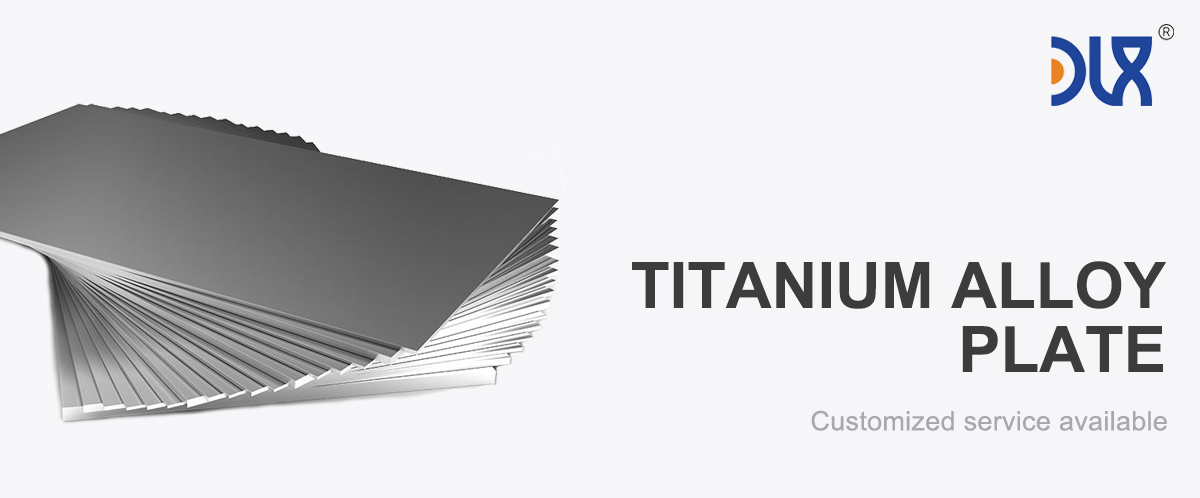
Our Grade 4 Titanium Plate s are built tough for chemical processing equipment, delivering top-notch strength and corrosion resistance in the harshest environments. As the strongest of the commercially pure titanium grades, Grade 4 offers a tensile strength of up to 680 MPa while maintaining excellent resistance to acids, alkalis, and chlorides. With a density of 4.5 g/cm³—about half that of steel—these plates keep equipment lightweight yet durable, perfect for reactors, tanks, and piping systems.
Conforming to ASTM B265 standards, our plates are available in thicknesses from 0.5 mm to 100 mm and can be customized to fit specific designs. We use advanced manufacturing techniques like vacuum arc melting and precision rolling to produce defect-free plates with consistent mechanical properties. These plates excel in corrosive settings, resisting pitting and crevice corrosion even in high-temperature, aggressive chemical environments. Whether it’s sulfuric acid or brine, our plates hold up where others fail.
We keep costs in check with efficient production and recyclable titanium, minimizing waste and environmental impact. Their durability means less maintenance and longer equipment life, saving you money over time. For chemical processing plants needing reliable, high-performance materials, our Grade 4 titanium plates are a solid choice.
For more details, pls directly contact us.
The chemical processing industry is booming, driven by growing demand for specialty chemicals, pharmaceuticals, and sustainable solutions. The global titanium market, valued at USD 20.4 billion in 2024, is expected to grow at a CAGR of 5.4% through 2032, fueled by the need for corrosion-resistant materials in harsh chemical environments. Grade 4 titanium, with its high strength and excellent corrosion resistance, is a go-to for equipment like heat exchangers, reactors, and storage tanks.
Trends like green chemistry and sustainability are reshaping the industry. Titanium’s recyclability and long lifespan align with eco-friendly goals, reducing waste and maintenance costs. The rise of Industry 4.0, with smart sensors and predictive maintenance, is boosting efficiency in chemical plants, where titanium’s durability supports reliable, long-term operation. Growth in petrochemicals, driven by global energy demands, and pharmaceuticals, spurred by healthcare advancements, further increases demand for titanium in corrosion-resistant equipment.
Challenges include titanium’s higher upfront cost and machining complexity compared to stainless steel or plastics. However, its longevity and low maintenance make it a cost-effective choice over time. Supply chain stability for titanium sponge is critical, but our robust sourcing ensures consistent availability. The push for modular, scalable processing systems is another opportunity, with titanium plates enabling durable, lightweight components for flexible plant designs.
| Titanium (Ti) | Aluminum (Al) | Vanadium (V) | Tin (Sn) | |
| Ti-6Al-4V | Rest | 5.5%-6.8% | 3.5%-4.5% | |
| Ti-5Al-2.5Sn | Rest | 4.5%-5.5% | 2.0%-3.0% |
Physical Properties
| Density | 4.4-4.5g/cm³ |
| Melting Point | 1660°C |
| Coefficient of Thermal Expansion | 8-10×10⁻⁶/K (20°C-500°C) |
| Thermal Conductivity | 6-22 W/(m·K) (depending on alloy grade) |
| Electrical Resistivity | 0.14-0.17 μΩ·m |
| Tensile Strength | 600-1200 MPa (depending on alloy grade) |
| Yield Strength | 480-1100 MPa |
| Elongation at Break | 10%-25% |
| Hardness | 200-400 HB |

For more details, pls directly contact us.
Our Grade 4 titanium plates are versatile, serving critical roles in chemical processing and beyond:
-
Reactors and Vessels: Used in chemical reactors and storage tanks, our plates resist corrosion from acids, alkalis, and chlorides, ensuring safe operation.
-
Heat Exchangers: Ideal for plate-and-frame or shell-and-tube heat exchangers, they handle aggressive fluids and high temperatures with ease.
-
Piping Systems: Our plates are fabricated into pipes and fittings, resisting corrosion in chemical transport systems.
-
Petrochemical Equipment: Used in refineries for distillation units and cracking towers, they withstand sour gas and corrosive byproducts.
-
Pharmaceutical Manufacturing: Biocompatible and resistant to cleaning agents, our plates are used in reactors and mixing tanks for drug production.
-
Desalination Plants: Their corrosion resistance makes them perfect for evaporators and piping in high-salinity environments.
-
Pulp and Paper Industry: Our plates handle bleaching chemicals and high temperatures in processing equipment, extending service life.
-
Fertilizer Production: Used in ammonia and urea plants, they resist corrosion from nitrogen-based compounds.
Comparison Parameters Table
|
Parameter |
Our Titanium Plates |
Competitor A |
Competitor B |
|---|---|---|---|
|
Material |
CP Titanium (Grade 4) |
CP Titanium (Grade 2) |
Stainless Steel (316L) |
|
Tensile Strength |
680 MPa |
550 MPa |
580 MPa |
|
Corrosion Resistance |
Excellent (acids, alkalis, chlorides) |
Good |
Moderate (prone to pitting) |
|
Density |
4.5 g/cm³ |
4.5 g/cm³ |
8.0 g/cm³ |
|
Temperature Resistance |
Up to 400°C |
Up to 400°C |
Up to 800°C |
|
Customization Options |
Extensive (sizes, thicknesses, finishes) |
Limited |
Moderate |
|
Manufacturing Process |
Vacuum arc melting, precision rolling, CNC machining |
Basic rolling |
Standard fabrication |
|
Standards Compliance |
ASTM B265 |
ASTM B265 |
ASTM A240 |
Company Advantages
Our Grade 4 titanium plates are a cut above for chemical processing equipment. We use state-of-the-art vacuum arc melting and precision rolling to produce plates with unmatched strength and corrosion resistance. Unlike others, we offer extensive customization, tailoring sizes, thicknesses, and finishes to fit your exact equipment needs, ensuring seamless integration and top performance.
Our supply chain is rock-solid, securing high-quality titanium even in volatile markets, so your projects stay on schedule. We’re also pushing the envelope with additive manufacturing, enabling complex designs with less waste, which keeps costs down and supports sustainability. Our plates are fully recyclable, and our production methods minimize environmental impact, aligning with green chemistry trends.
With decades of experience, we’ve perfected the balance of performance and affordability. Our R&D team is always innovating, developing alloys and processes to meet the demands of modern chemical processing, from modular plants to smart systems. Our global network ensures fast inventory access, and our plates’ durability means less maintenance and longer equipment life, saving you money. We’re the trusted partner for chemical processors who demand reliability and efficiency.
Why Choose Our Titanium Plates?
Our Grade 4 titanium plates are built to power chemical processing equipment, offering unmatched strength and corrosion resistance in the toughest environments. From reactors to heat exchangers, they deliver durability and performance that keep your operations running smoothly. With cutting-edge manufacturing, a focus on sustainability, and a commitment to your success, we’re here to make your chemical processing projects a success.
For more details, pls directly contact us.
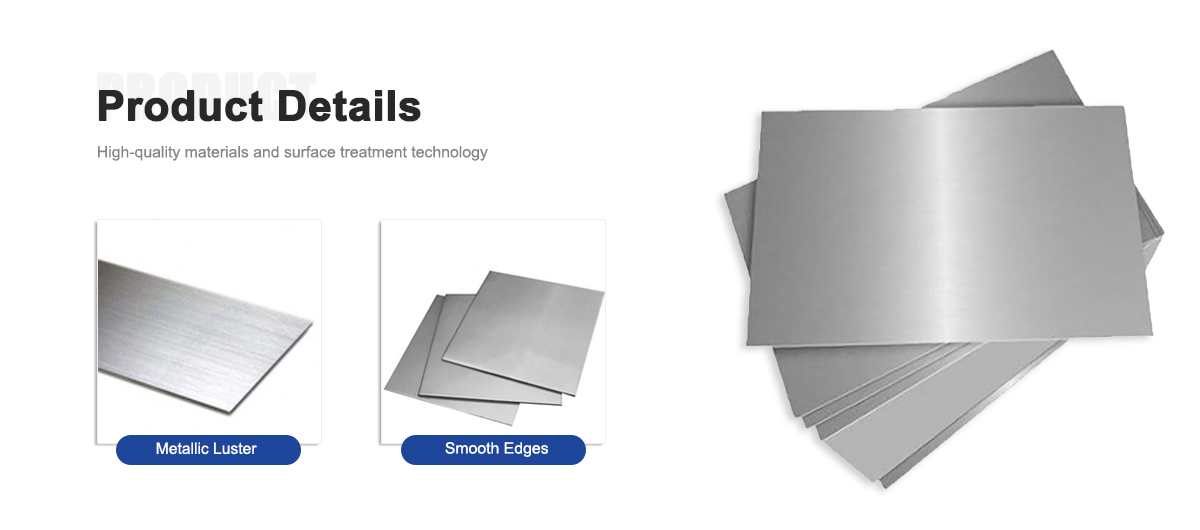
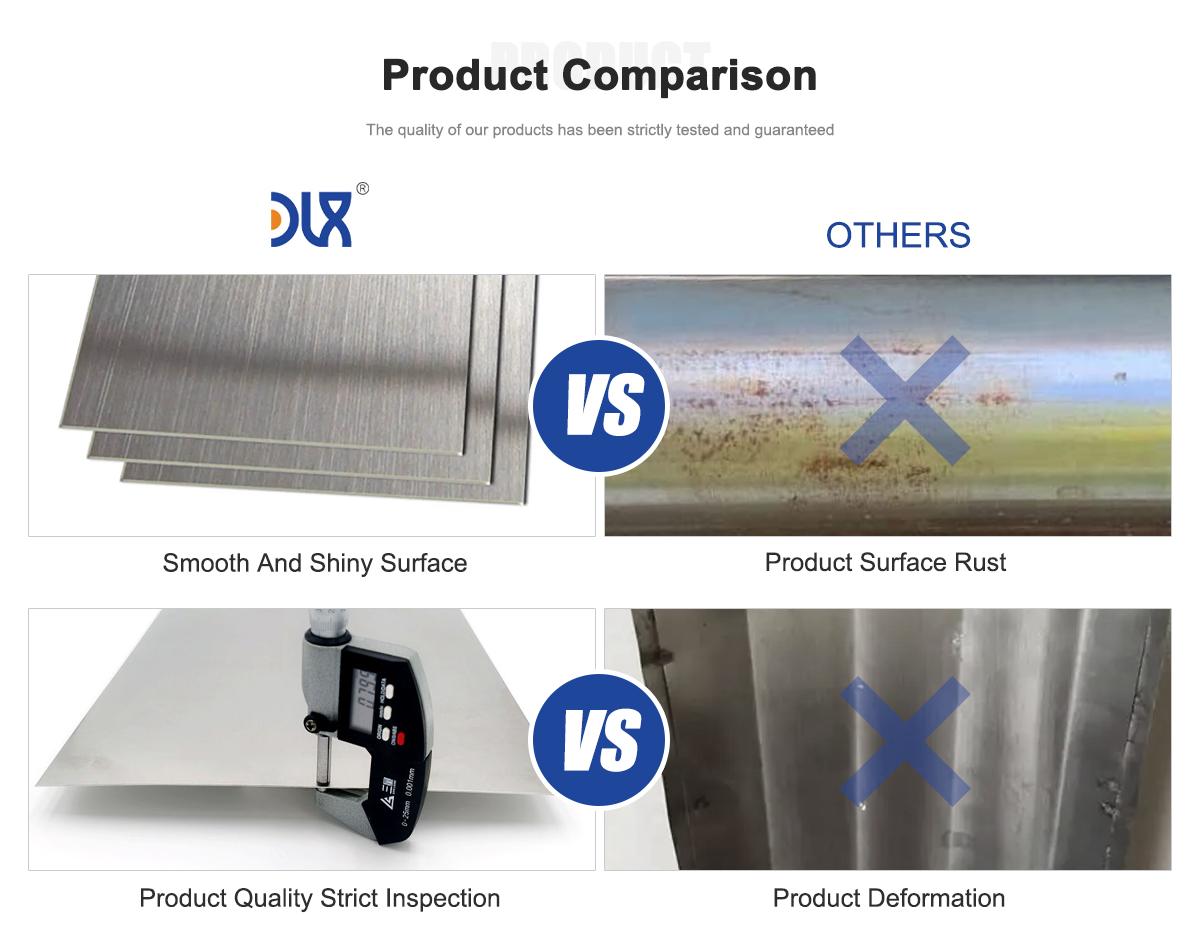
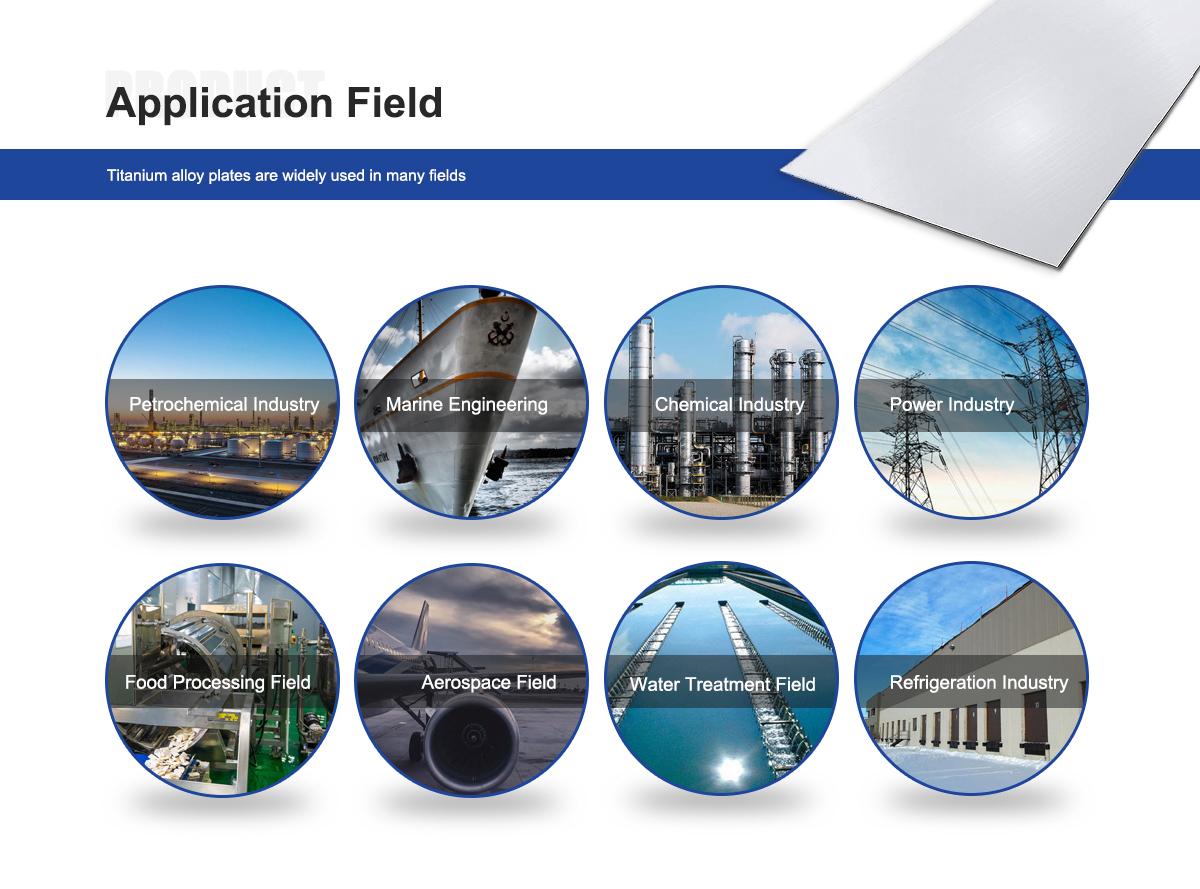
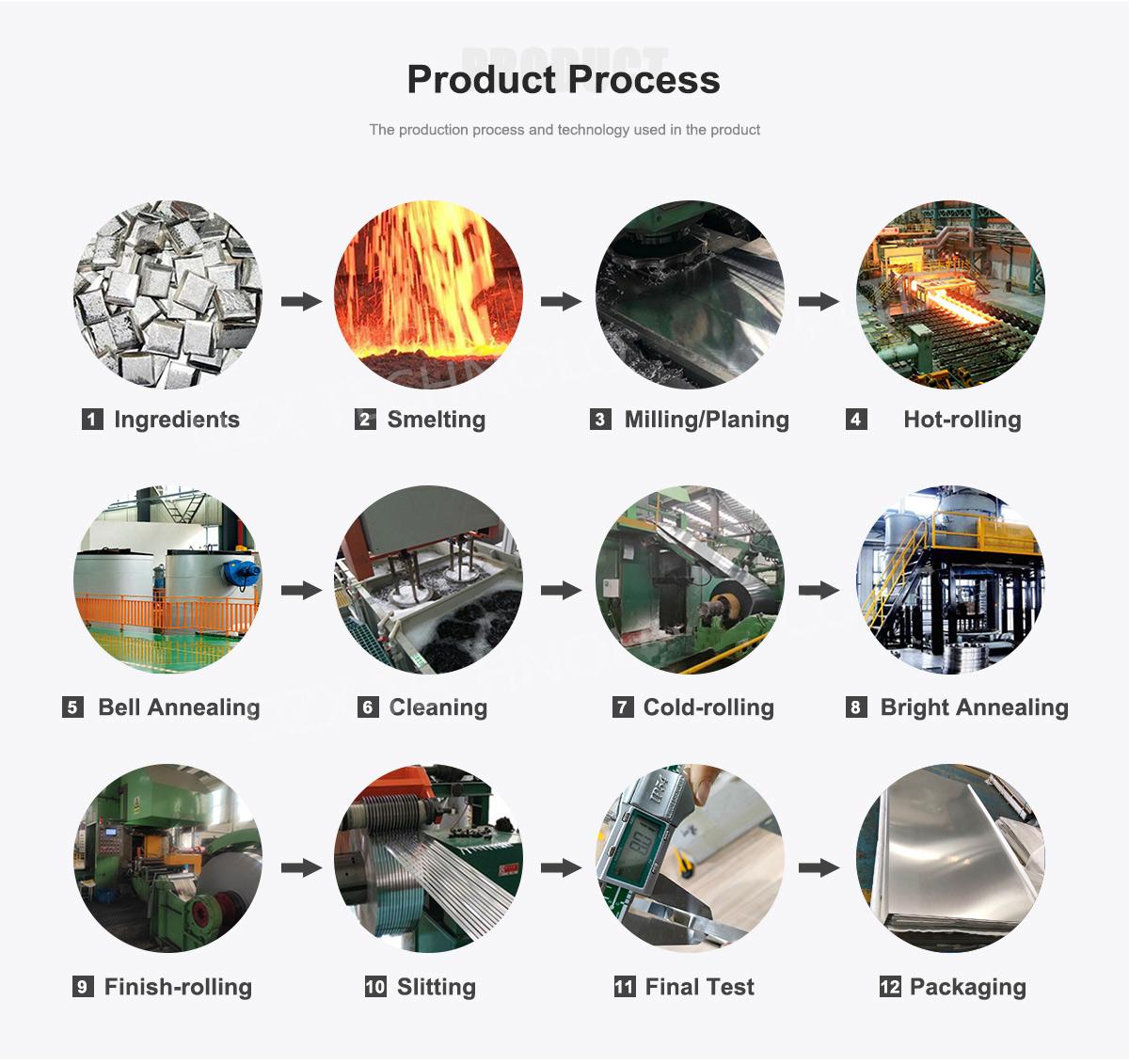
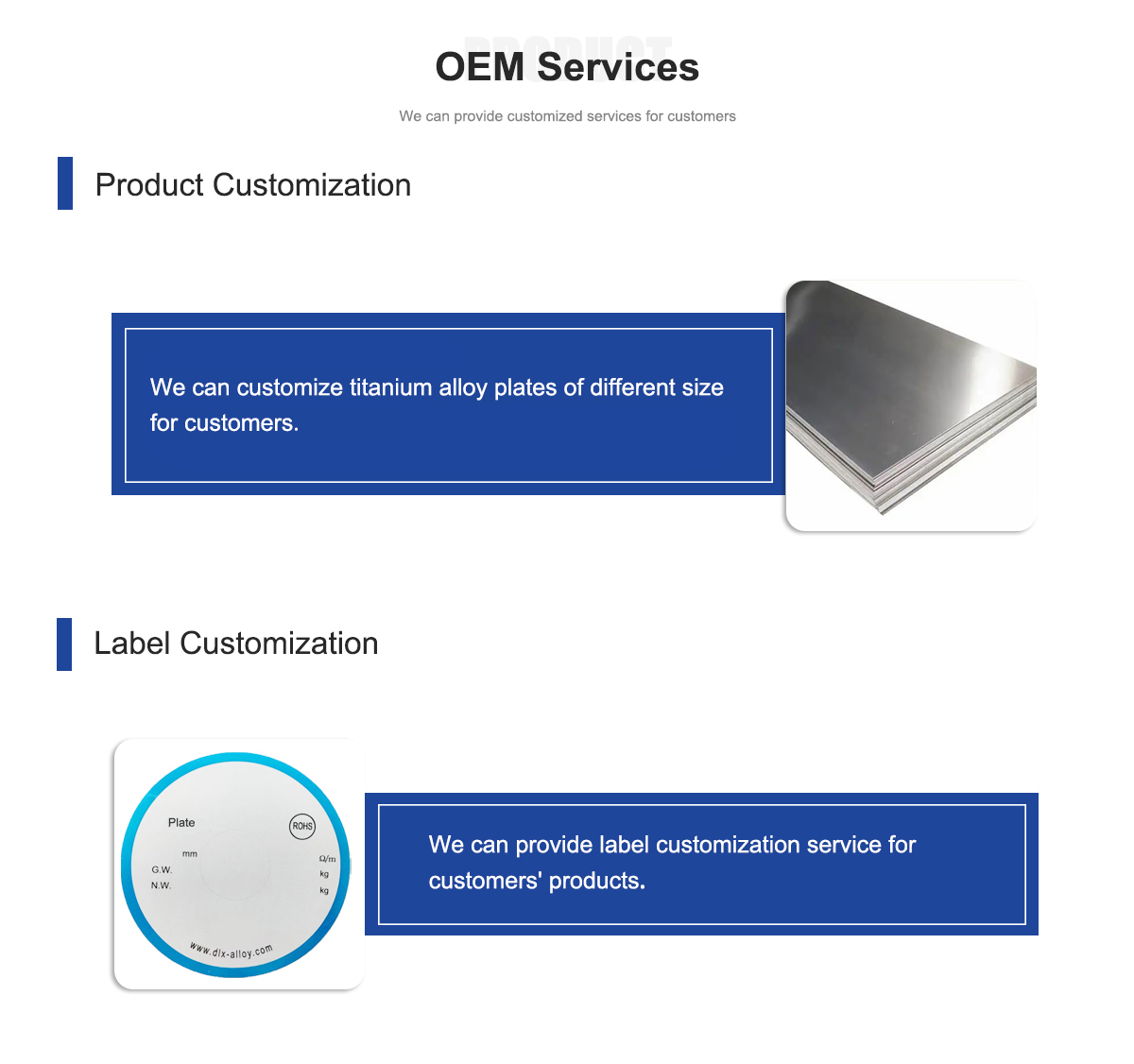
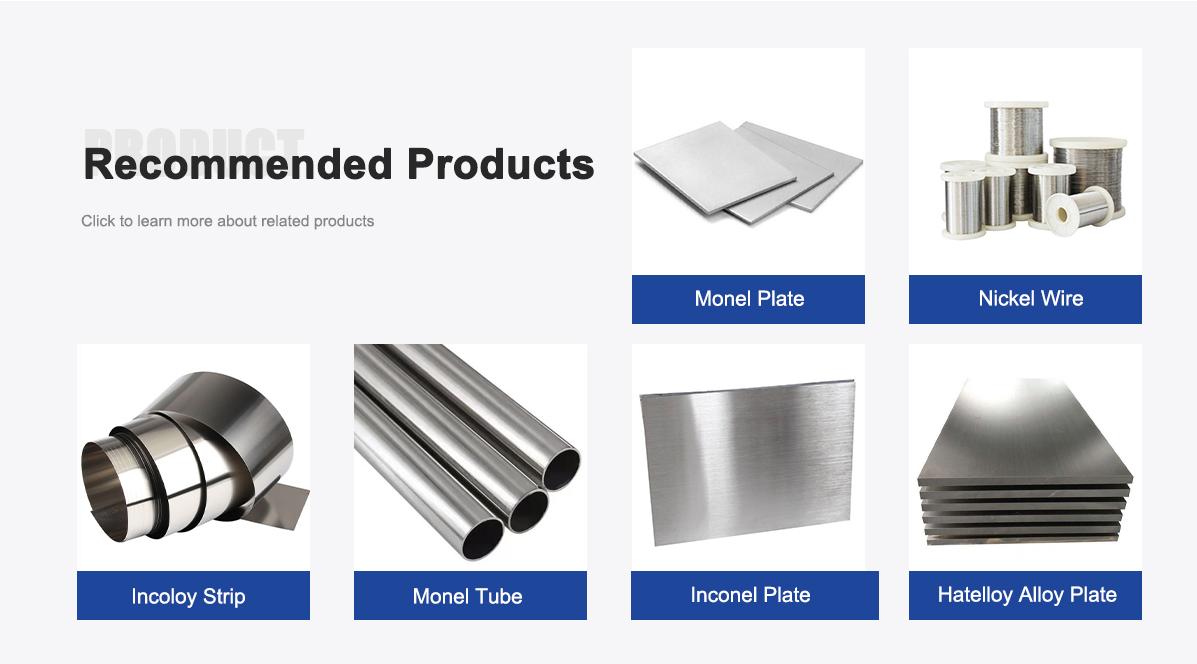
About Us:
Our 12,000㎡ factory is equipped with complete capabilities for research, production, testing, and packaging. We strictly adhere to ISO 9001 standards in our production processes, with an annual output of 1,200 tons. This ensures that we meet both quantity and quality demands. Furthermore, all products undergo rigorous simulated environment testing including high temperature, high pressure, and corrosion tests before being dispatched, ensuring they meet customer specifications.
For all our clients, we offer timely and multilingual after-sales support and technical consulting, helping you resolve any issues swiftly and efficiently.
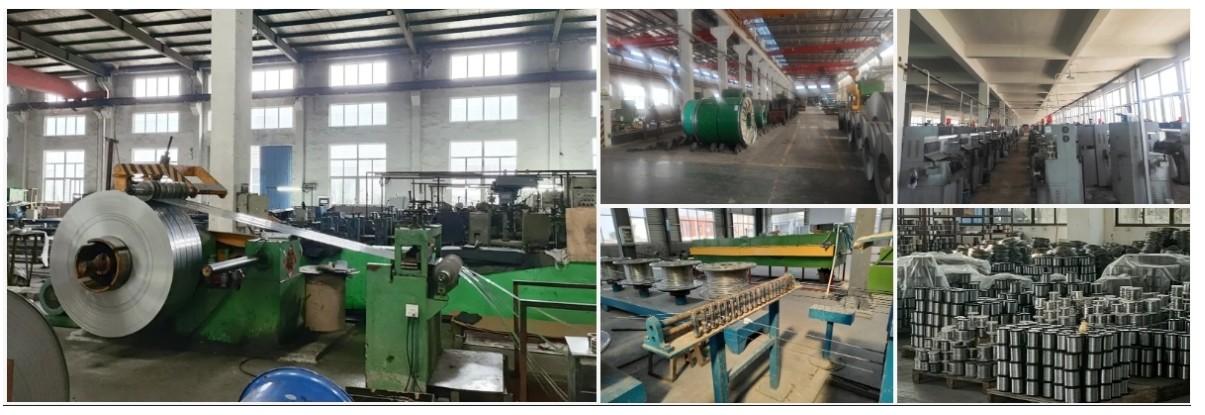
Client Visits
Building Stronger Partnerships
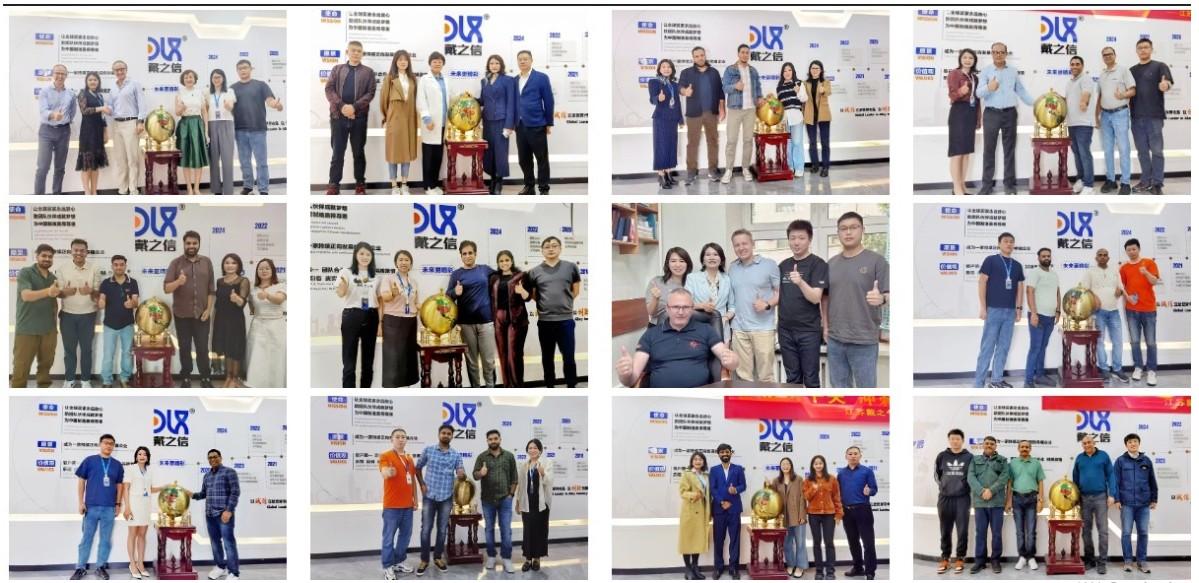
We support all kinds of testing:
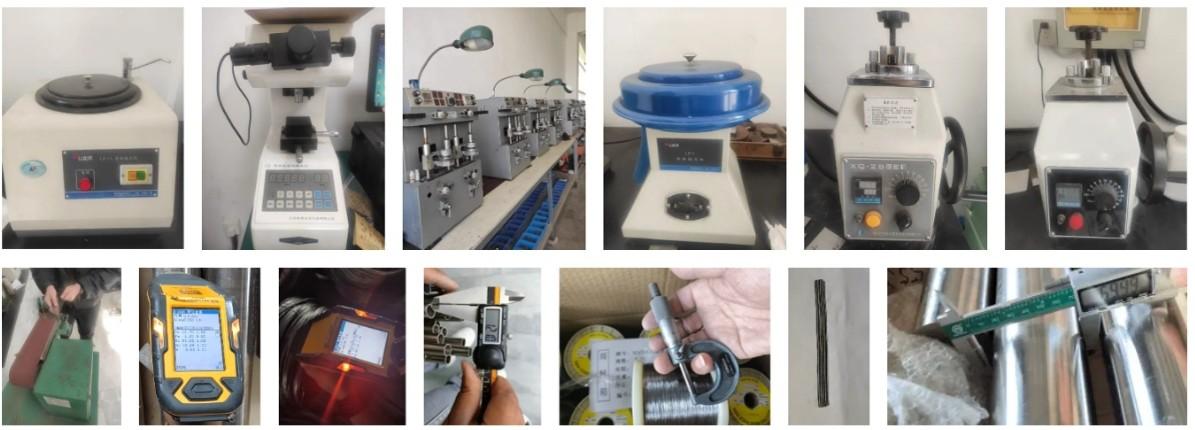

FAQs:
-
Why use Grade 4 titanium for chemical processing?
It offers high strength and superior corrosion resistance to acids, alkalis, and chlorides, ideal for harsh environments. -
What standards do your plates meet?
They comply with ASTM B265 for quality and reliability in chemical applications. -
Can your plates be customized?
Yes, we offer custom sizes, thicknesses, and finishes to fit specific equipment designs. -
How do your plates perform in corrosive settings?
They resist pitting, crevice corrosion, and chemical attack, even at high temperatures. -
Are your titanium plates recyclable?
Absolutely, titanium is fully recyclable, supporting sustainable processing. -
What applications use your plates?
Reactors, heat exchangers, piping, petrochemical equipment, pharmaceuticals, desalination, pulp and paper, and fertilizer production. -
How do you ensure plate quality?
We use vacuum arc melting, precision rolling, and rigorous testing to deliver defect-free plates. -
Do your plates reduce maintenance costs?
Yes, their durability and corrosion resistance minimize downtime and maintenance expenses.

